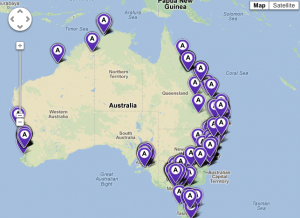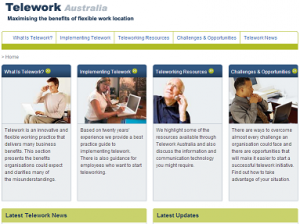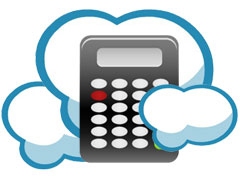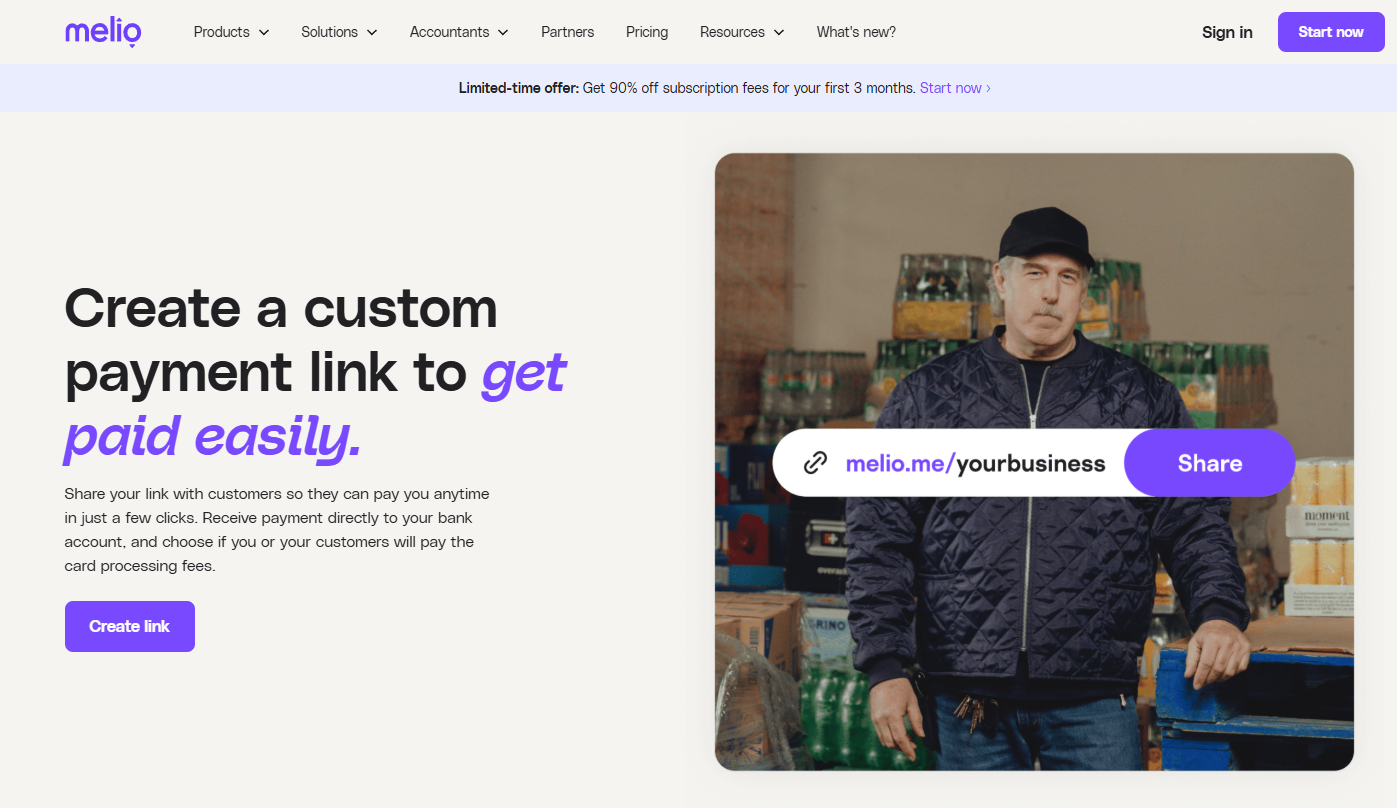
BAS agents can further specialise in the construction industry
WE LIKE TO KEEP our online cloud accounting course graduates up to date with changes to the bookkeeping industry and today is no exception!
If you’re a registered BAS agent working in the building and construction industry, then we’ve got some major news for you: the Tax Practitioners Board (TPB) announced in July that BAS agents can now lodge Taxable Payments Annual Reports (TPAR).
Making more money as a bookkeeper
In an earlier blog, we talked about how you can improve the rate you earn by specialising. Carving out a niche for yourself — for instance, honing your skills in a particular sector, like the building industry, with all its complexities — will also see you able to earn top dollar (this is exactly what the professionals at Buildon Bookkeeping do).
Taxable Payments Annual Reports (TPAR’s)
Before you can register with the TPB as a Tax/BAS agent, you’ll first need to work under the supervision of another Tax/BAS agent. If you are planning to work in the building and construction industry, you might consider working under the supervision of a Tax/BAS agent providing bookkeeping services within the industry already — so you can get a handle on lodging TPARs.
TPARs are an annual report outlining every payment made to suppliers and contractors for that financial year. Every entity or business within the building and construction industry must now prepare one.
When TPARs first came into effect in July last year, only tax agents were able to prepare the report, but on 15 July 2013, the TPB announced that BAS agents could now provide this service, which must be lodged by the 21July every year.
But wait, there’s more! The TPB has also amended the Tax Agents Services Act (2009) to allow BAS agents to provide the following services:
- Superannuation Guarantee Contribution and Superannuation Guarantee Charge work
- Superannuation Contribution payment and reporting services
As the Institute of Certified Bookkeepers understands it, BAS agents will not have to become registered with the TPB to provide these services, even though they were typically services carried out by a Tax agent.
***
If you’re a registered BAS agent, you just become a whole lot more valuable to your clients, particularly if you work within the building and construction industry.
If you’re still unsure about the services you can now provide your clients, see the Institute of Certified Bookkeepers website, and for more information on lodging TPARs, click here.








 To combat stress and losses in productivity, managers and employees alike, need to implement protocols to enable teleworkers to switch off.
To combat stress and losses in productivity, managers and employees alike, need to implement protocols to enable teleworkers to switch off.




















